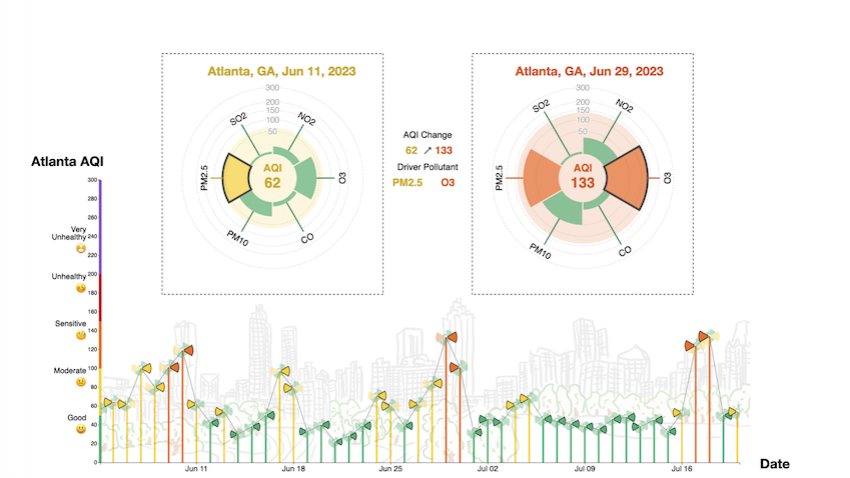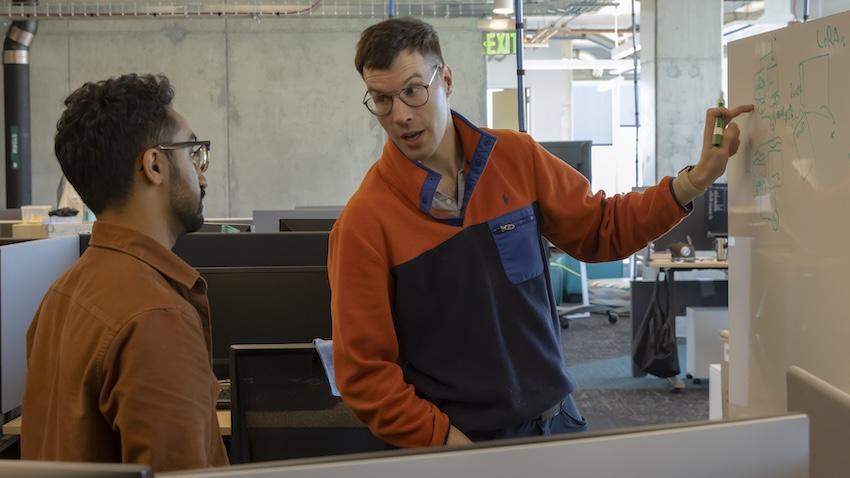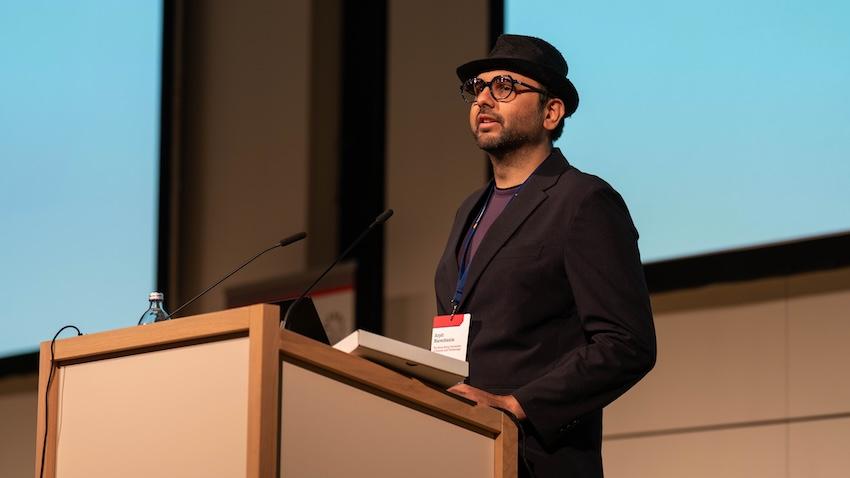
Researchers Earn $1.8M to Increase Air Pollution Data Literacy
Atlanta residents will soon have easy access to air pollution data that enables them to make data-driven decisions that positively impact their local environment.
Georgia Tech researchers Jessica Roberts, Alex Endert, and Jayma Koval earned a $1.8 million grant from the National Science Foundation to boost their efforts in promoting air pollution data literacy among middle school students and the public.
The grant will fund the researchers’ top two projects — designing and installing a public information kiosk and organizing a summer camp that uses environmental data to teach data literacy to middle schoolers.
Air Quality Index (AQI) data that is readily available helps people decide whether it’s safe for a morning jog or to send their kids outside to play. However, the researchers want to help people understand the big picture.
“The AQI is good for helping make just-in-time decisions,” said Roberts, an assistant professor in the School of Interactive Computing who researches how technology influences social learning experiences.
“It doesn’t help us think about what’s causing all this. ‘How can I allocate my resources toward pollution mitigation efforts? What should I do as far as where I live and the situation around me?’”
Georgia Tech researchers Jessica Roberts, Alex Endert, and Jayma Koval earned a $1.8 million grant from the National Science Foundation to boost their efforts in promoting air pollution data literacy among middle school students and the public.
The grant will fund the researchers’ top two projects — designing and installing a public information kiosk and organizing a summer camp that uses environmental data to teach data literacy to middle schoolers.
Air Quality Index (AQI) data that is readily available helps people decide whether it’s safe for a morning jog or to send their kids outside to play. However, the researchers want to help people understand the big picture.
“The AQI is good for helping make just-in-time decisions,” said Roberts, an assistant professor in the School of Interactive Computing who researches how technology influences social learning experiences.
“It doesn’t help us think about what’s causing all this. ‘How can I allocate my resources toward pollution mitigation efforts? What should I do as far as where I live and the situation around me?’”


